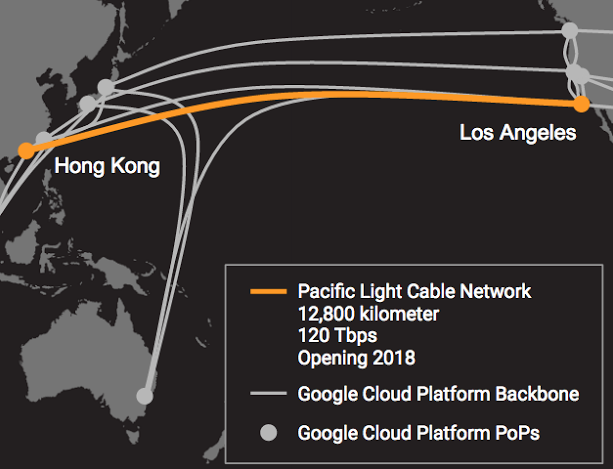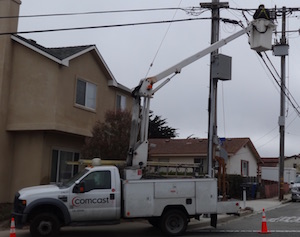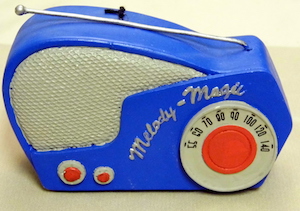Fitbit deal tests Google’s willingness, ability to follow California privacy law
![Ashstar01 [CC BY-SA 3.0 (https://creativecommons.org/licenses/by-sa/3.0)] Fitbit](https://www.tellusventure.com/images/2019/fitbit.jpg)
Google’s $2.1 billion purchase of Fitbit will, if nothing else, be an excellent test case for California’s new consumer data privacy law, which takes effect in January. The California Consumer Privacy Act (CCPA) requires companies above a certain size let their customers know what kind of personal data is being collected and what it’s being used for, and gives individuals a level of control over the collection and use of their data.
The activity, location and health data collected by Fitbit devices is highly personal.… More

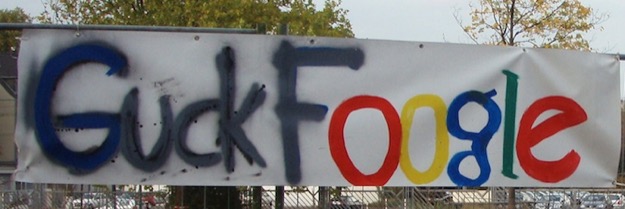


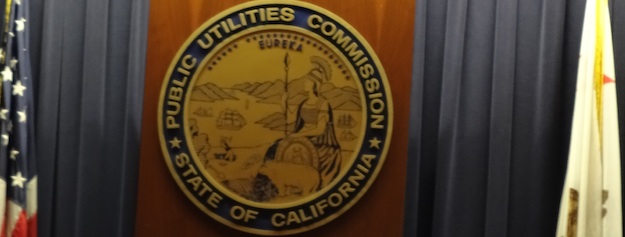
![By Alvandria [CC BY-SA 4.0 (https://creativecommons.org/licenses/by-sa/4.0)], via Wikimedia Commons](https://www.tellusventure.com/images/2016/11/alphabet_chart.jpg)
